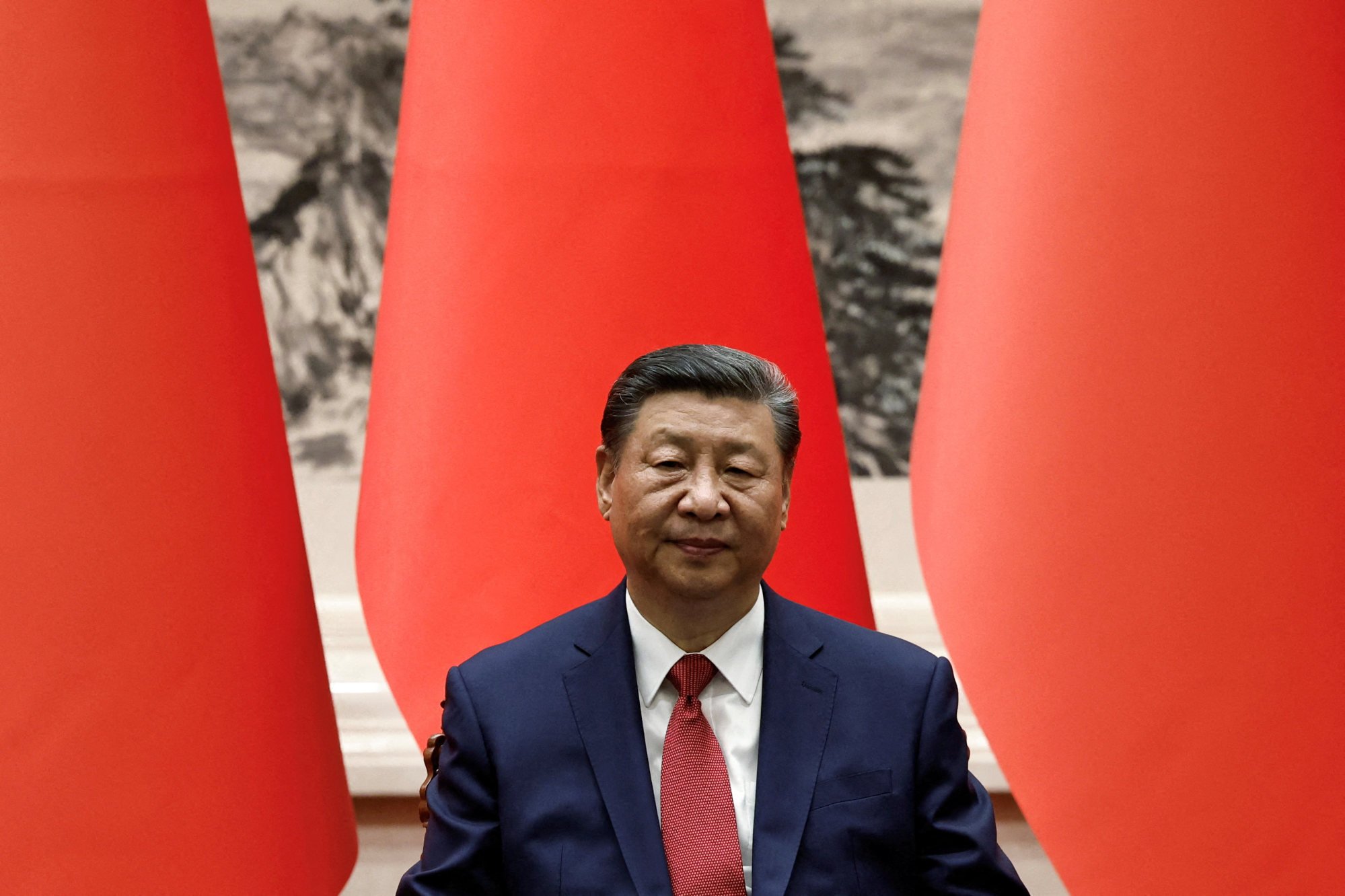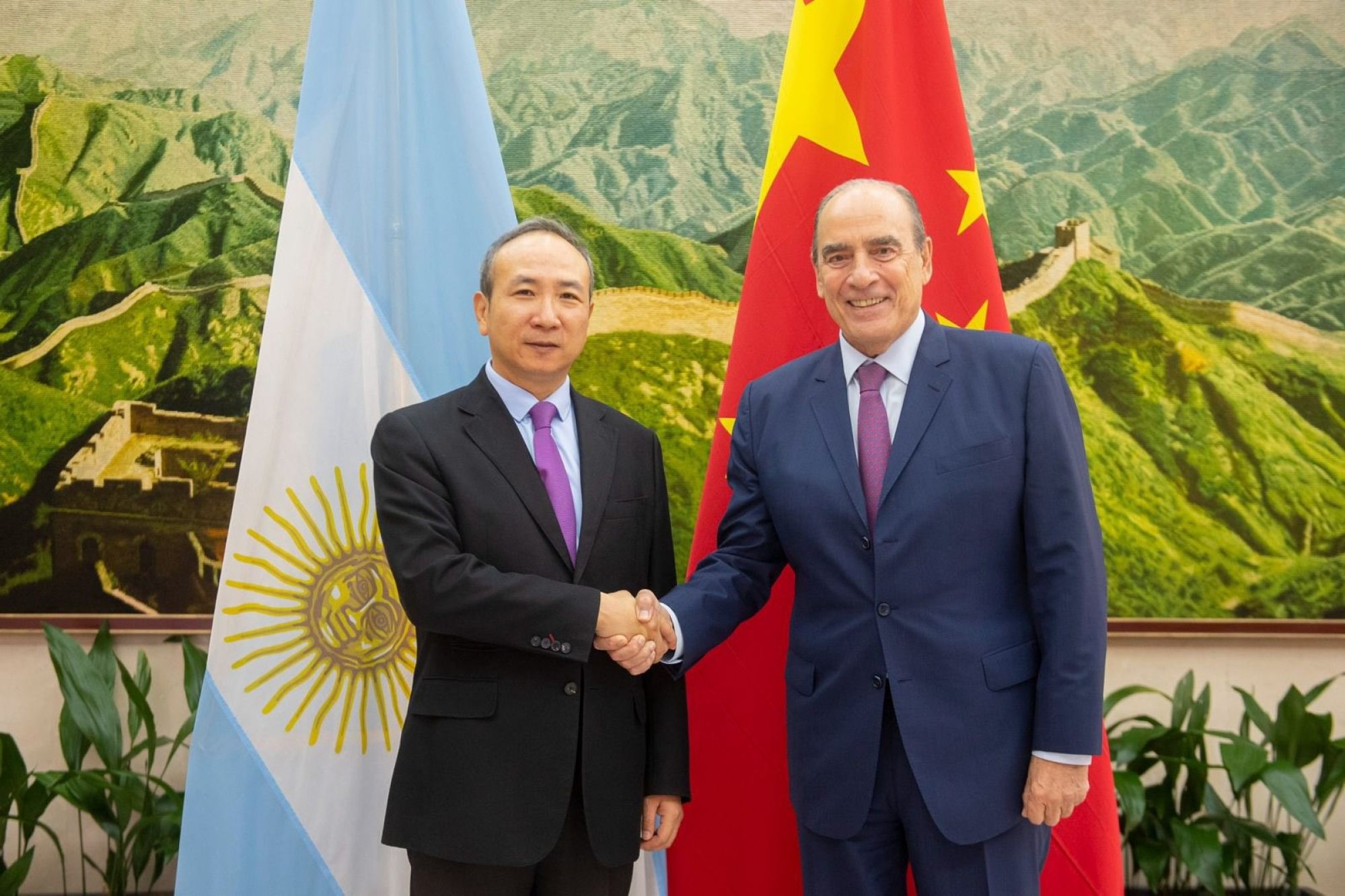The news comes a day after local media in the South American country reported on the visit, citing July 4 as a tentative date for the trip.
The reports were subsequently denied by Milei’s spokesman, Manuel Adorni, who told reporters: “Not only is there no date, there is nothing, absolutely nothing confirmed.”

On Wednesday, the Argentine Central Bank stated that the agreements, estimated at US$5 billion, would remain in force until July 2026.
Talk of a visit to Beijing by Milei was understood to have begun after a meeting on Wednesday between Wang Wei, China’s ambassador to Buenos Aires, and Guillermo Francos, Argentina’s chief cabinet minister.
A few hours after the meeting, Beijing gave the green light for the swaps to be renewed.

Patricio Giusto of the Sino-Argentine Observatory in Buenos Aires said a Xi-Milei meeting could be a stipulation for China to release the swaps, handing Beijing a political victory.
“He wouldn’t travel to China if there was another alternative,” said Giusto of the Argentine leader.
“I think if he ends up travelling it’s because there is no other option. If he had one, he would return all the swaps, but Milei knows he can’t do that.”
The Chinese embassy in Buenos Aires has yet to respond to the Post’s request for comment.
A visit to the Chinese capital would give Beijing an opportunity to “show off in front of” the Argentine president, Giusto added, “forcing him to see that Chinese development is not comparable to these other countries”.
Yet Giusto predicted a trip would not address sensitive issues like Chinese involvement in critical infrastructure projects that have angered the US in recent years.
Since taking office last year, Milei has frozen negotiations to build a nuclear power plant in partnership with Beijing and refused to buy Chinese fighter jets in favour of second-hand American models sold by Denmark.
In May, he ordered an inspection of Espacio Lejano Station, a space base in southern Argentina operated by China under an agreement signed in 2012 by then-president Cristina Kirchner and valid until 2062.
“Under Milei, Argentina will not collaborate with China on strategic projects, nor will there be any military cooperation,” Giusto said. “This has already been ruled out of the agenda.”
“And China is aware of this. They will not try to exert pressure because that is a losing battle and could jeopardise other things they can achieve.”
A visit, if it happened, could prove an opportunity to revitalise trade between the two countries, Giusto added.
Since Milei’s inauguration last December, China has fallen from Argentina’s second to fourth-largest trading partner, according to reports on the country’s trade published by the National Institute of Statistics and Censuses.

